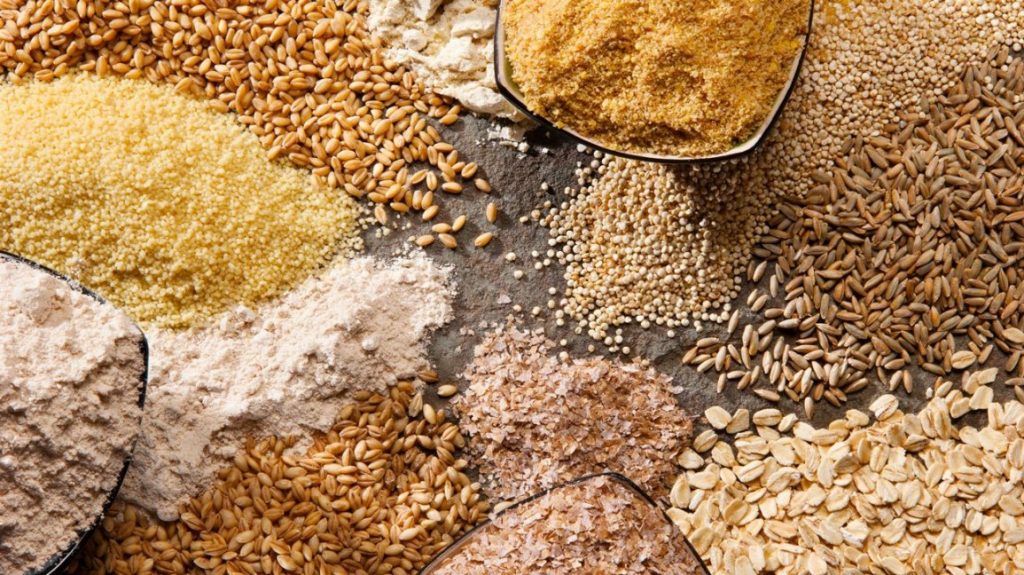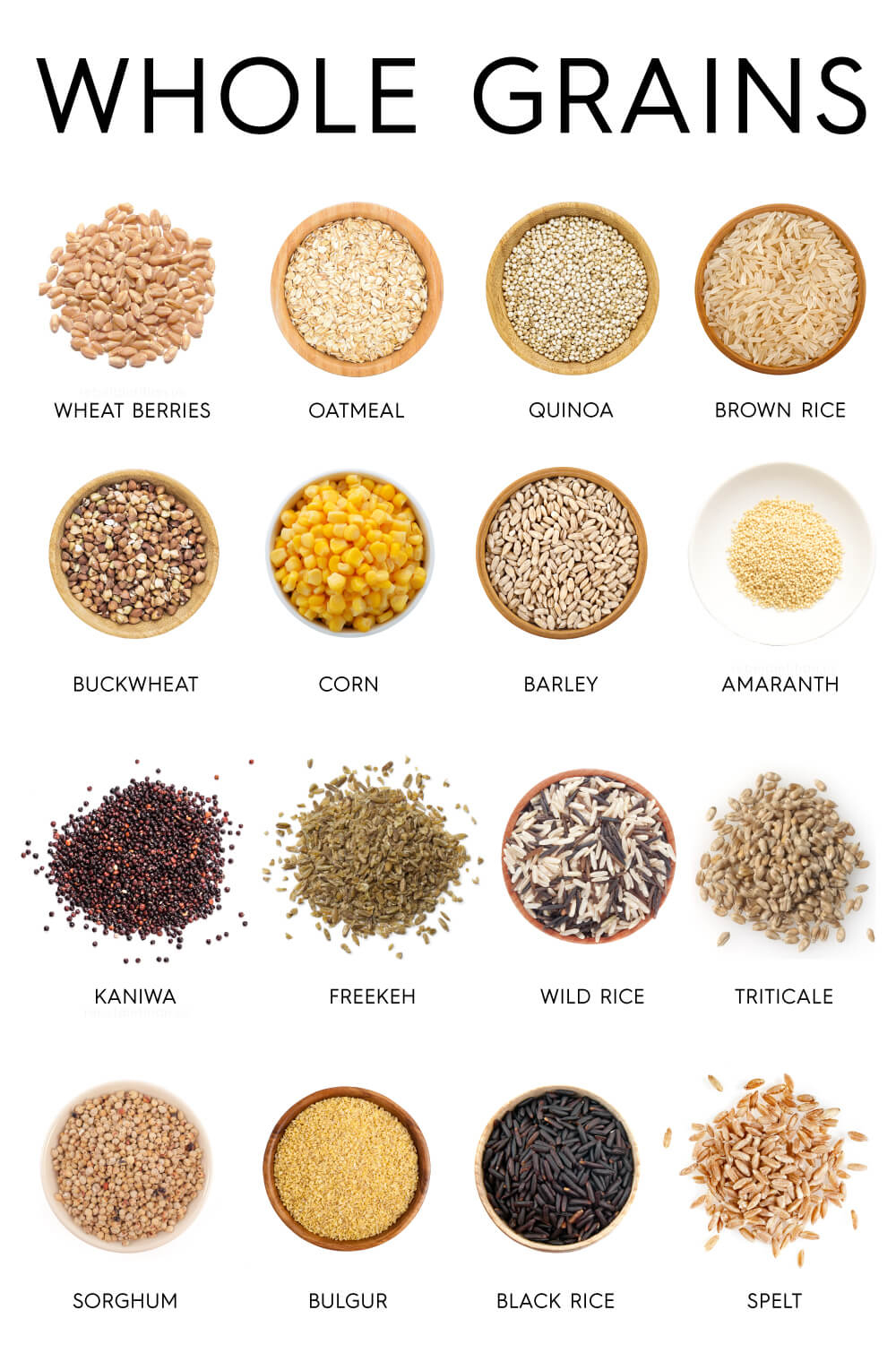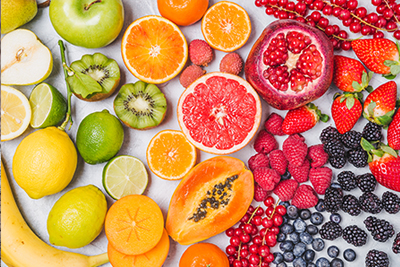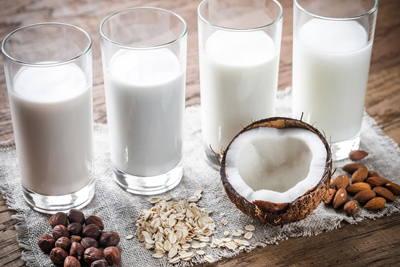Whole Grains


Good for: Constipation. Good gut health. Balancing sugar-level/Metabolism. Energy/ fighting Fatigue, Slows down Parkinson’s decline.
Incorporating a good variety of whole grain foods in your daily diet will have a great impact on your Parkinson’s symptoms. Whole grains are rich in fibre and are essential because it helps keep your gastrointestinal tract working properly, and also promotes regularity for adults. Constipation is a common problem for people with Parkinson’s and so having a good and regular consumption of whole grains can help to relieve this problem.
The importance of fibre is intimately tied with the importance of our gut microbes. A good fibre diet literally feeds and makes these bacteria thrive. In turn, they increase in number and kind. The more microbes we have in our intestines, the thicker the mucus wall and the better the barrier between our body and our busy bacteria population. While the mucus barrier lowers inflammation throughout the body, the bacteria aid in digestion, creating a dual benefit.
Whole grains will help you balance out your blood sugar, which means you will have a better metabolism. High-fibre whole grain foods don’t contain as much digestible carbohydrate, so it slows the rate of digestion and causes a more gradual and lower rise in blood sugar.
Whole grains are particularly high in B vitamins, including niacin, thiamine, and folate. Due to this they help to boost energy and fight fatigue, which is a common symptom of Parkinson’s, boosting brain function, regulate blood pressure. They also contain a good amount of minerals, such as zinc, iron, magnesium, and manganese, which can help with calcium absorption, to improve bone health, to reduce inflammation, the transportation of oxygen in your blood, strengthen the connective tissue in your body, and are important for your brain and nerve function.
Finally, a low level of vitamin B12 in patients in the early stages of Parkinson’s disease are linked to faster motor and cognitive decline, suggesting that vitamin supplements may help slow the progression of these symptoms, a study has found.
What should I eat?
- Oatmeal
- Whole-grain cereal
- Gluten free whole meal bread
- Brown Rice
- Black Rice
- Whole wheat pasta
- Corn
- Teff
- Sorghum
- Buckwheat
- Spelt
- Triticale
- Wild Rice
- Freekeh
- Kaniwa
- Quinoa
- Amaranth
Tips:




